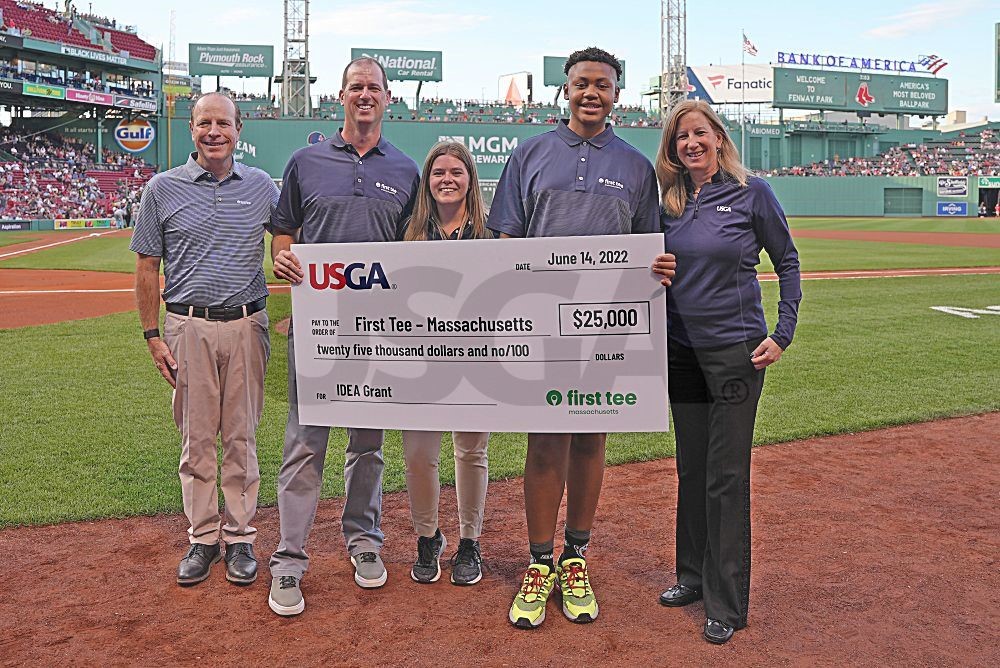Lots of kids aspire to become astronauts but few go on to build careers in space exploration. That hasn’t stopped Hannah Rens from chasing her dreams into orbit.

The 24-year-old is a systems engineer for Boeing Space and Launch, working on Boeing’s Starliner, a commercial crew and cargo vehicle that will be transporting NASA astronauts to the international space station.
“My ultimate career goal is to be chief engineer of a permanent human habitat on the moon,” says Rens, a former participant at First Tee – Siouxland and First Tee volunteer. “To achieve that goal, I need to develop advanced business skills, gain industry experience and further my engineering technical education.”
That’s why she’s attending the First Tee Alumni Summit presented by Gallagher this November in Dallas. The event provides an opportunity for selected alumni to advance their career by building new skills while reconnecting with fellow alumni and chapter leaders.
“I’m looking to learn more about working in a rapidly evolving industry, startups and founding your own business, and how to develop an effective personal brand,” she says.

Rens says her nine years in First Tee helped shape her future. “It provided me with a structured path to improving my golf game, peer and trusted mentors, and interpersonal and professional skills that have been essential in achieving my goals,” she says.
While in First Tee, she was selected to attend the Leaders and Entrepreneurs Forum at Disney World. “Getting to meet other students from across the U.S. while listening and working with successful business owners and entrepreneurs was unlike any other experience I had in high school,” she says. “The business principles and goals I learned have stayed with me.”

A graduate of the University of Texas at Austin, Rens began her career with internships focused on aircraft maintenance and repair. As Starliner prepares to expand its service to additional sites in Earth’s orbit, Rens works on vehicle life span and sustainment. Ultimately, Starliner will become one of the first spacecraft with turnaround times closer to traditional air traffic. Talk about a Game Changer.
Rens now serves as a mentor for high school and college students who want careers in the space industry, and she’s enrolled in an astronautical engineering master’s program at the University of Southern California focusing on human spaceflight.
Rens still golfs, and she’s a certified open water and dry suit SCUBA diver. Learn more about the accomplishments of First Tee alumni.


